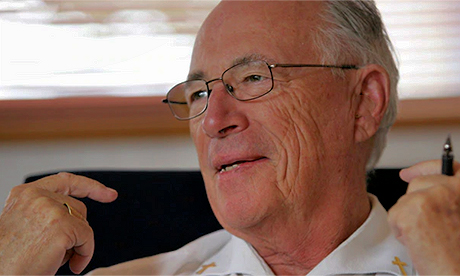Searching for truth sometimes involves a bit of hard work. But it’s worth it.
Superficial understanding leaves us vulnerable to other people’s spin – commercial spin, political spin, agenda-driven ideologies, etc.
Scientists work hard to establish facts.
They know we need to act on what is objectively true. Solving crimes, the judicial system, and research in every field are all based on the premise that truth matters.
Studies and exams are based on the premise that true and false are not the same.
All these activities – and most of human life – would be turned up-side-down if it were enough to say: “truth is whatever the individual thinks it is – it’s true for her/him” and “right is whatever the individual chooses – it’s right for him/her”.
Those clichés belong to a way of thinking called “relativism”.
The need for objective truth applies also to the big questions of life.
Some activities are true to human nature and some are not.
Some are consistent with human dignity, and some are not. That is what the commandments are all about.
Some actions are right and some are wrong whether the individual knows it or not.
Judgments about which activities are right and which are wrong are judgments we need to make – otherwise how could we say, for example, that rape is wrong?
Not to make such judgments is ultimately not to care.
But judging people’s actions is one thing: judging their consciences is another.
They may be in good conscience or in bad conscience concerning what they are doing. They may be more blameworthy or less blameworthy or not blameworthy at all.
That is why Pope Francis could say: “who am I to judge”?
We need to know the difference between judging a person’s actions (which we can rightly do) and judging their conscience (which we cannot.)
So too, explaining that some behaviour is wrong, doesn’t mean we don’t love the people who do it.
When Jesus said some behaviours involve exclusion from his kingdom, He wasn’t “hating” anyone – in fact.
He was loving everyone because He wanted all to be included.
When parents tell their children that thieving, for example, is wrong, it doesn’t mean they don’t love their children.
And when the Church passes on the teaching of the scriptures, it isn’t hating anyone.
The paramount law is love. But people who love still need to judge between right and wrong.
Learning the difference, and living the difference, between true and false, right and wrong, is all part of what kind of persons we become.
To opt out of judging the difference between true and false, right and wrong, is to remain less than we might have been – and less free.
As Jesus said, it is the truth that sets us free!
- +Peter Cullinane was the first bishop of the Diocese of Palmerston North. Now retired he continues to be a respected writer and leader of retreats and is still busy at local, national, and international levels. Here he shares his reflections on sciences and Christian faith. To conclude the introduction of this series he quotes Albert Einstein, “Science without religion is lame; religion without science is blind.”
- This is the first in a series of chapters from his letter to senior students
- Image: Manawatu Standard
